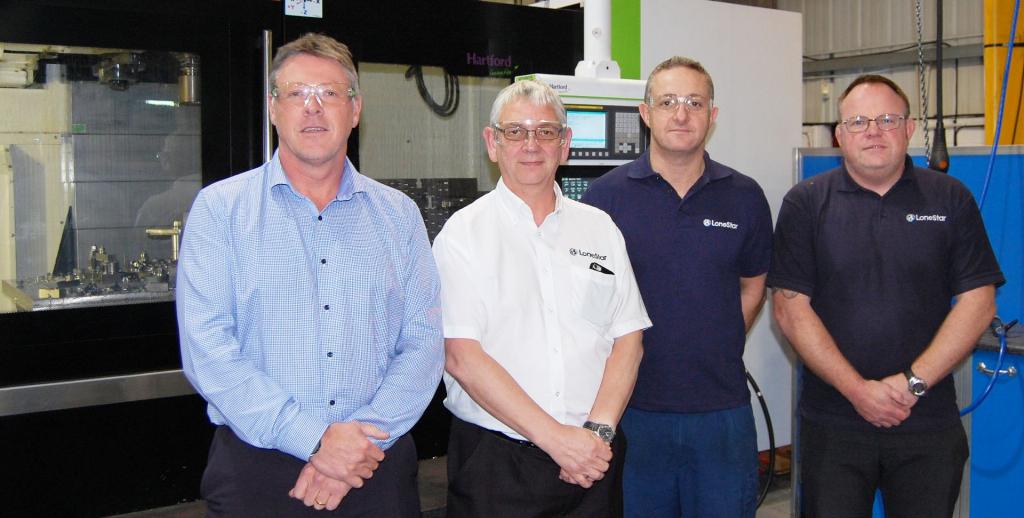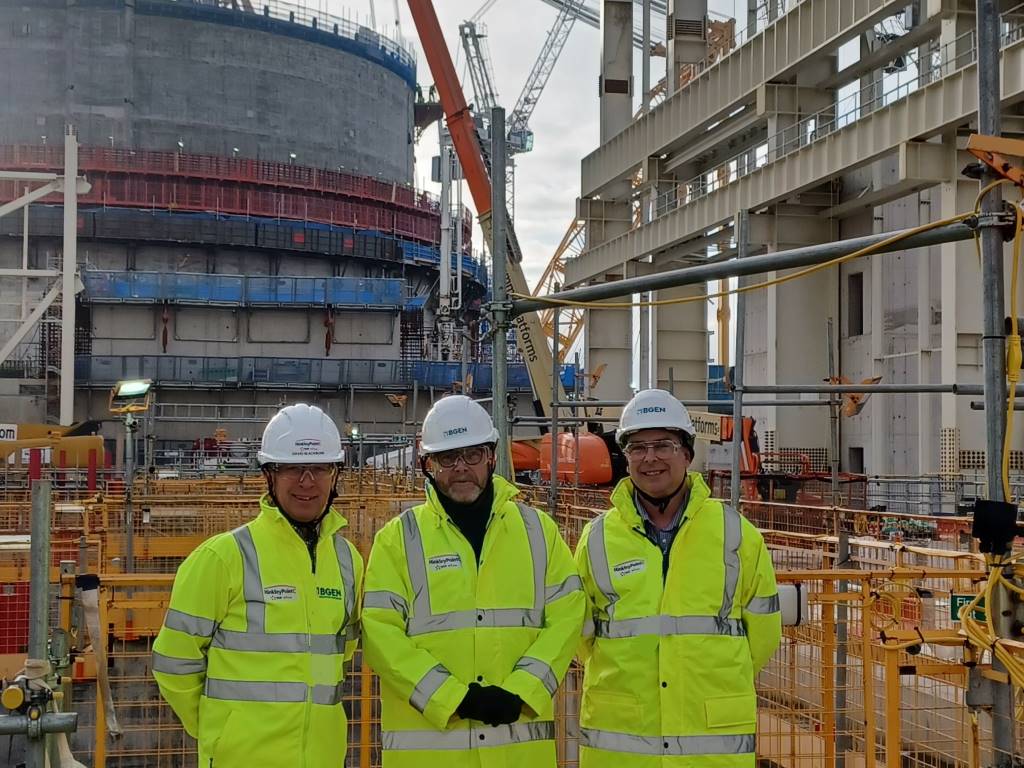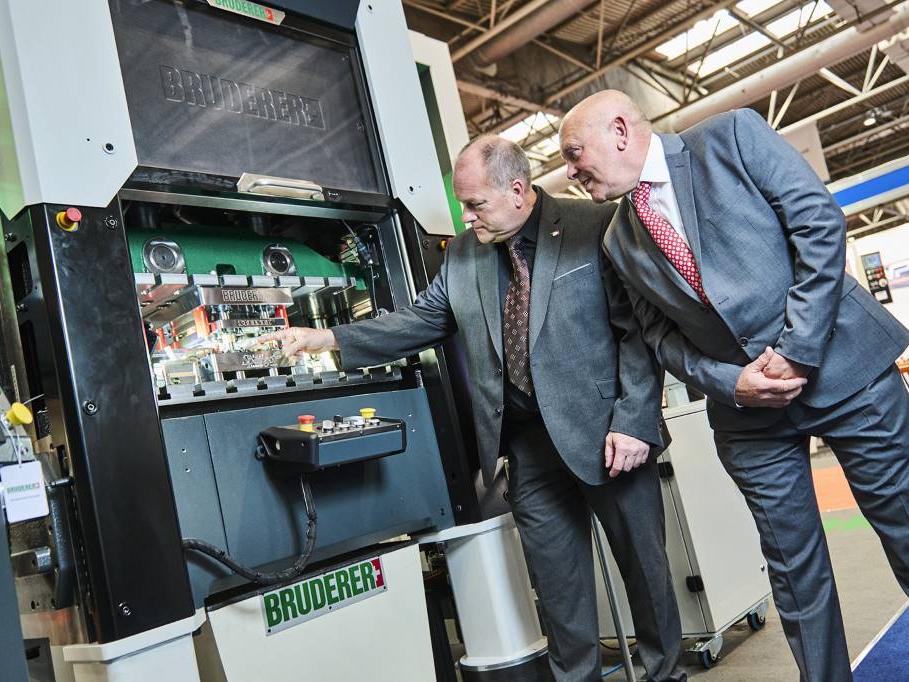New VMC helps keep global competition at bay

The installation by LoneStar Leeds’ Precision Components Division of a Hartford Super vertical machining centre has not only halved machining cycle times on oil and gas industry gate valves and associated components, but the machine is also being regarded as the lynchpin in the company’s quest to supply customers in the nuclear and aerospace sectors.
“Oil and gas component machinists are being challenged on a global basis, with companies from countries including India and Tunisia also now in the frame,” says divisional managing director Jon Collinge.
“So, the success of investing in this new machine is crucial to our need to remain competitive with our traditional oil and gas component work as well as to also meet our aspirations of becoming a supplier of choice to clients in the nuclear and aerospace sectors.”
The company’s operations director, David Tennant, adds: “Being able to achieve such fantastic reductions in lead-times with the Hartford is also enabling us to move other workpieces onto the machine to absorb the extra available capacity; so the new machine is actually having repercussions throughout our production flowlines.”
Specialising in families of valve block parts for subsea applications as well as other precision machined components, LoneStar, part of a global group that includes specialised operations for fasteners and sealing technologies has, by necessity, maintained a reputation for high-class machining of critical workpieces in high nickel alloys and stainless steels, for example.
Capable of machining components from 25mm diameter up to 860mm diameter, the company has also built a solid reputation as a subcontract machinist of all material and workpiece types for a wide range of clients in various industry sectors.

Underpinned by a highly-skilled workforce and maintaining a comprehensive and impressive array of production equipment, the company is also adept at single-source supply embracing a host of finishing processes – including shot peening, ultrasonic degreasing and lapping to incredibly fine surface finishes of three-four light bands/0.000881mm - 0.001175mm, as well as assembly and sub-assembly to strict quality control regimes.
LoneStar is now using the new Hartford and its surrounding cell machines – nine machines including two other VMCs, various CNC lathes and wire erosion machinery together with a surface grinder – as the cornerstone of an efficient and effective lean manufacturing resource. As part of a strategic progression, LoneStar has recently renewed its quality accreditation to ISO 9001:2015 and is currently on the Fit for Nuclear programme via the Nuclear AMRC. All components undergo 100% inspection.
The need for a new machining centre was prompted by the replacement of an ageing vertical machining centre and, initially, the company envisaged having to purchase a like-for-like very large capacity machine to gain the horsepower ratings it was used to.
“We soon discovered, however, that the Hartford Super HCMC 2082 – which with X-, Y-, Z-axis capacities of 2,060mm x 820mm x 820mm and a 2,150mm by 820mm table is smaller than the machine it replaced – offered the machining power we wanted,” says Mr Tennant.
“It effectively stood alone as a machine that would provide an impressive torque rating of 670Nm (from the 26kW spindle motor), which is much more than is available on machines of comparable size.”

He adds: “Of course, we considered other aspects of the machine in addition to its spindle torque rating, including of course, its rigidity, reliability and overall value for money, and we spoke to existing users of Hartford machines. In addition, we knew that the supplier, TW Ward CNC Machinery has a solid, long-established track record.
“After various machining trials and test cuts, which included a full evaluation of the milling, boring and drilling routines required on gate valves, we found that the Hartford enabled us to confidently double the machining feeds we could use, compared to what had been employed previously, and it is this increase which we believe generated the significant cycle time savings.”
With spindle speeds of 6,000rpm and traverse rates of 18m/minute in all axes combined with cutting feed rates of 10m/minute, LoneStar also found that it could increase the speed of the application of carbide tooling to match that of ceramics. It also has found the machine’s 20 bar through-spindle coolant feed and 32-station automatic tool changer are more than adequate for its processes.
TW Ward CNC Machinery www.wardcnc.com














